Product Description
Simplify technology transitions with the and X710-T4L.Autonegotiation between port speeds provides maximum flexibility in dual and quad-port 10GBASE-T configurations. These low-power adapters also support Energy Efficient Ethernet to efficiently reduce power consumption during periods of low data activity.
The X710-T2L and X710-T4L are part of the Intel® Ethernet 700 Series, the foundation for server connectivity; providing broad interoperability, critical performance optimizations, and increased agility for Communications, Cloud, and Enterprise IT network solutions.
- Interoperability – Multiple speeds and media types for broad compatibility backed by extensive testing and validation.
- Optimization – Intelligent offloads and accelerators to unlock network performance in servers with Intel® Xeon® processors.
- Agility – Both Kernel and Data Plane Development Kit (DPDK) drivers for scalable packet processing.
The Intel® Ethernet 700 Series delivers networking performance across a wide range of network port speeds through intelligent offloads, sophisticated packet processing, and quality open-source drivers.
All Intel® Ethernet 700 Series Network Adapters include these feature-rich technologies:
Flexible and Scalable I/O for Virtualized Infrastructures
Intel® Virtualization Technology (Intel® VT), delivers outstanding I/O performance in virtualized server environments.
I/O bottlenecks are reduced through intelligent offloads, enabling near-native performance and VM scalability. These offloads include Virtual Machine Device Queues (VMDq) and Flexible Port Partitioning using SR-IOV with a common Virtual Function driver for networking traffic per Virtual Machine (VM). Host-based features supported include:
VMDQ for Emulated Path: VMDQ, enables a hypervisor to represent a single network port as multiple network ports that can be assigned to the individual VMs. Traffic handling is offloaded to the network controller, delivering the benefits of port partitioning with little to no administrative overhead by the IT staff.
SR-IOV for Direct Assignment: Adapter-based isolation and switching for various virtual station instances enables optimal CPU usage in virtualized environments.
- Up to 128 virtual functions (VFs), each VF can support a unique and separate data path for I/O related functions within the PCI Express hierarchy.
- Use of SR-IOV with a networking device, for example, allows the bandwidth of a single port (function) to be partitioned into smaller slices that can be allocated to specific VMs or guests, via a standard interface.
- Energy Efficient Ethernet (EEE) / IEEE 802.3az enabled
- Backward compatible with multi-speed support for 5/2.5/1G, 10GBASE-T, and 100BASE-TX
- PCI Express (PCIe v3.0 x8)
- FCC Class B for EMI
- Network Virtualization offloads including VXLAN, GENEVE, NVGRE, MPLS, and VXLAN-GPE with Network Service Headers (NSH)
- Intel® Ethernet Flow Director for hardware based application traffic steering
- Dynamic Device Personalization (DDP) enables increased packet processing efficiency for NFV and Cloud deployments
- Data Plane Development Kit (DPDK) optimized for efficient packet processing
- Excellent small packet performance for network appliances and Network Functions Virtualization (NFV)
- I/O virtualization innovations for maximum performance in a virtualized server
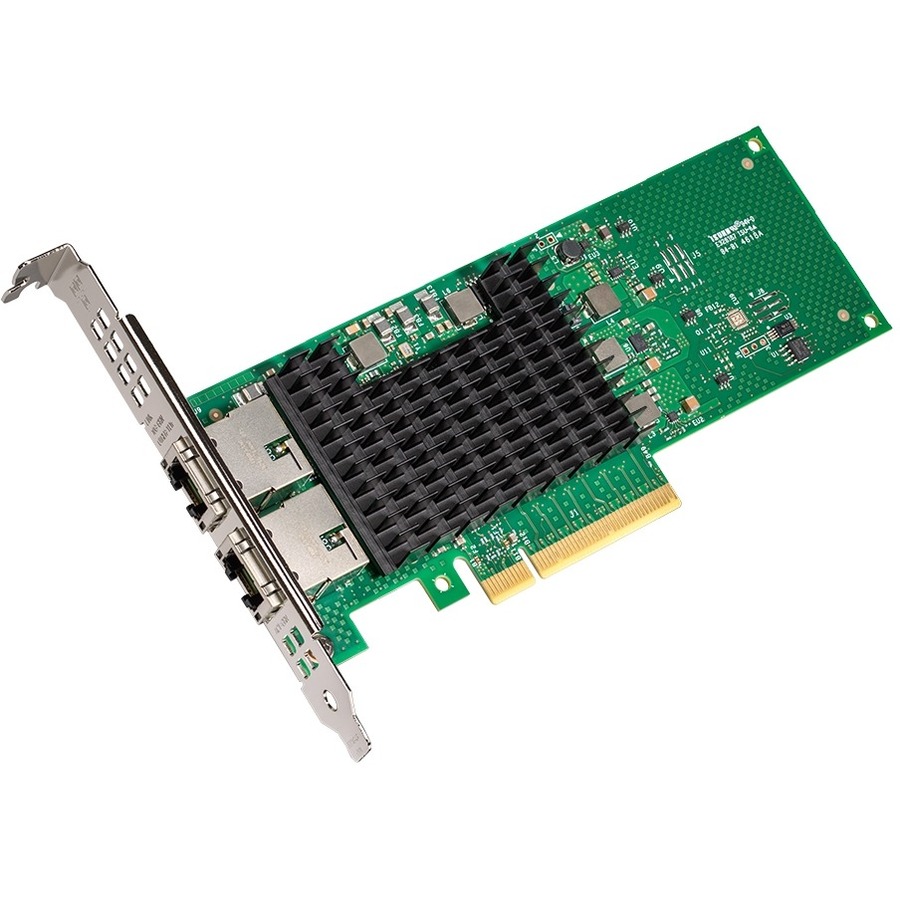
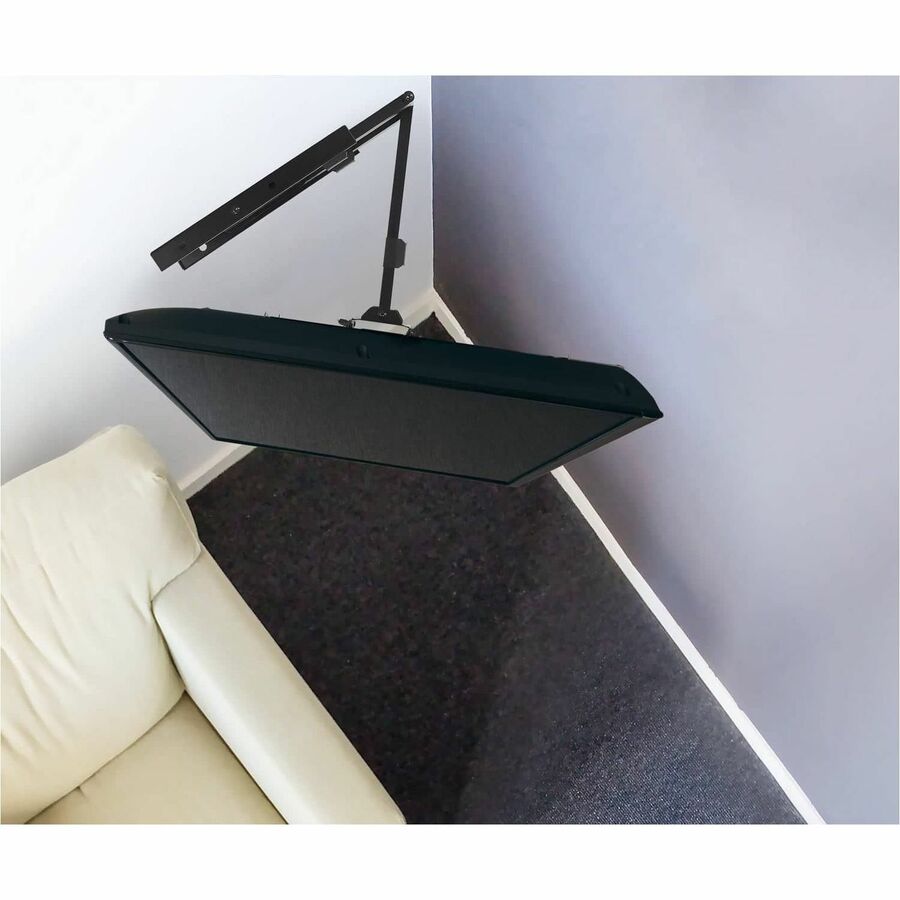
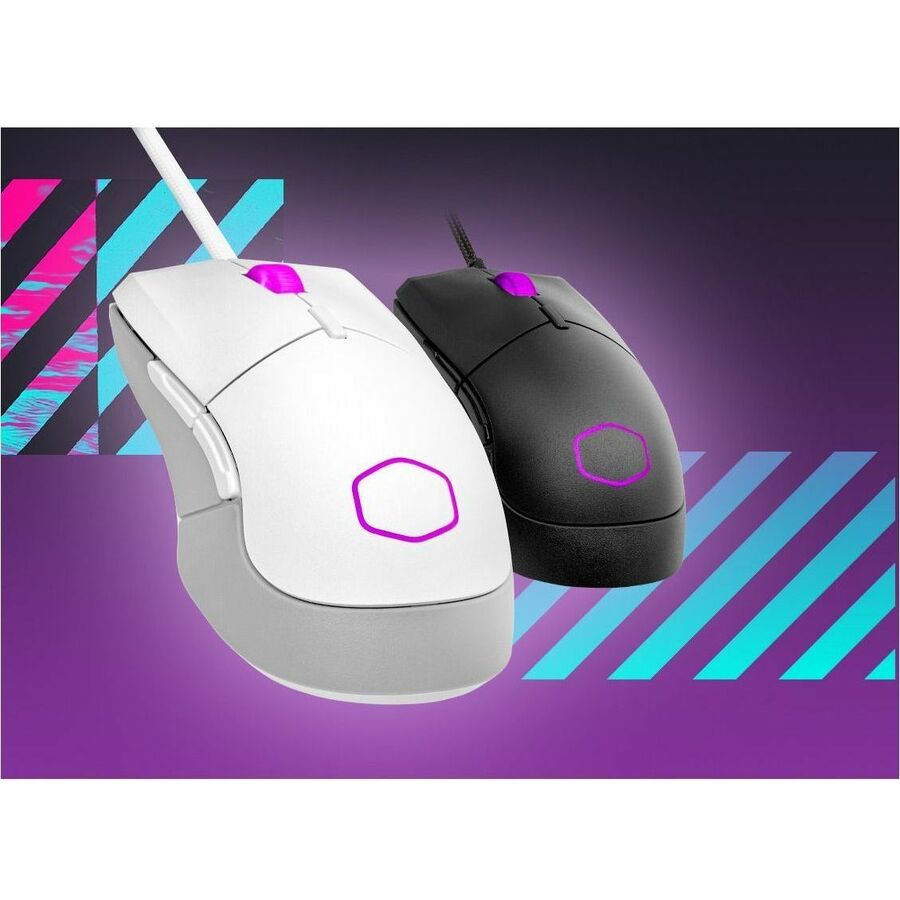
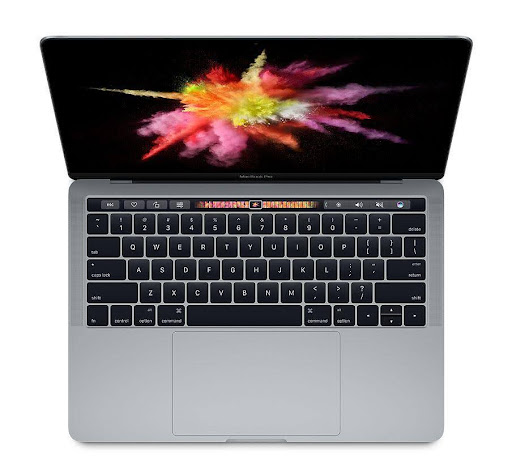

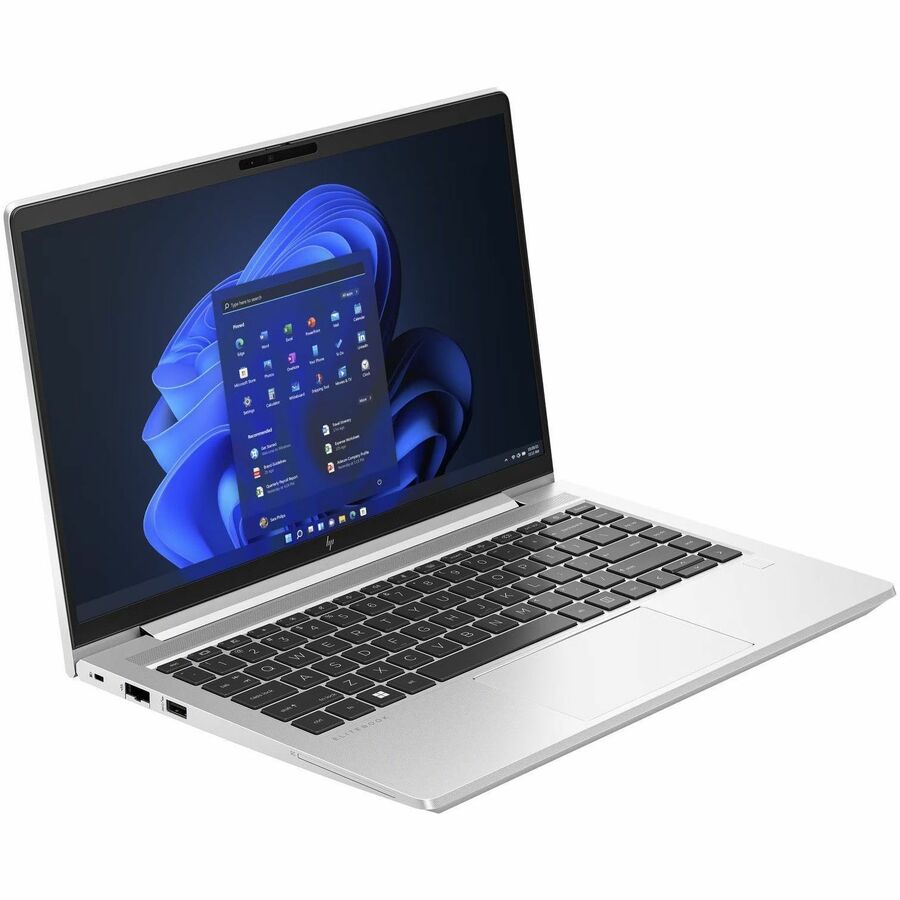



Reviews
There are no reviews yet.